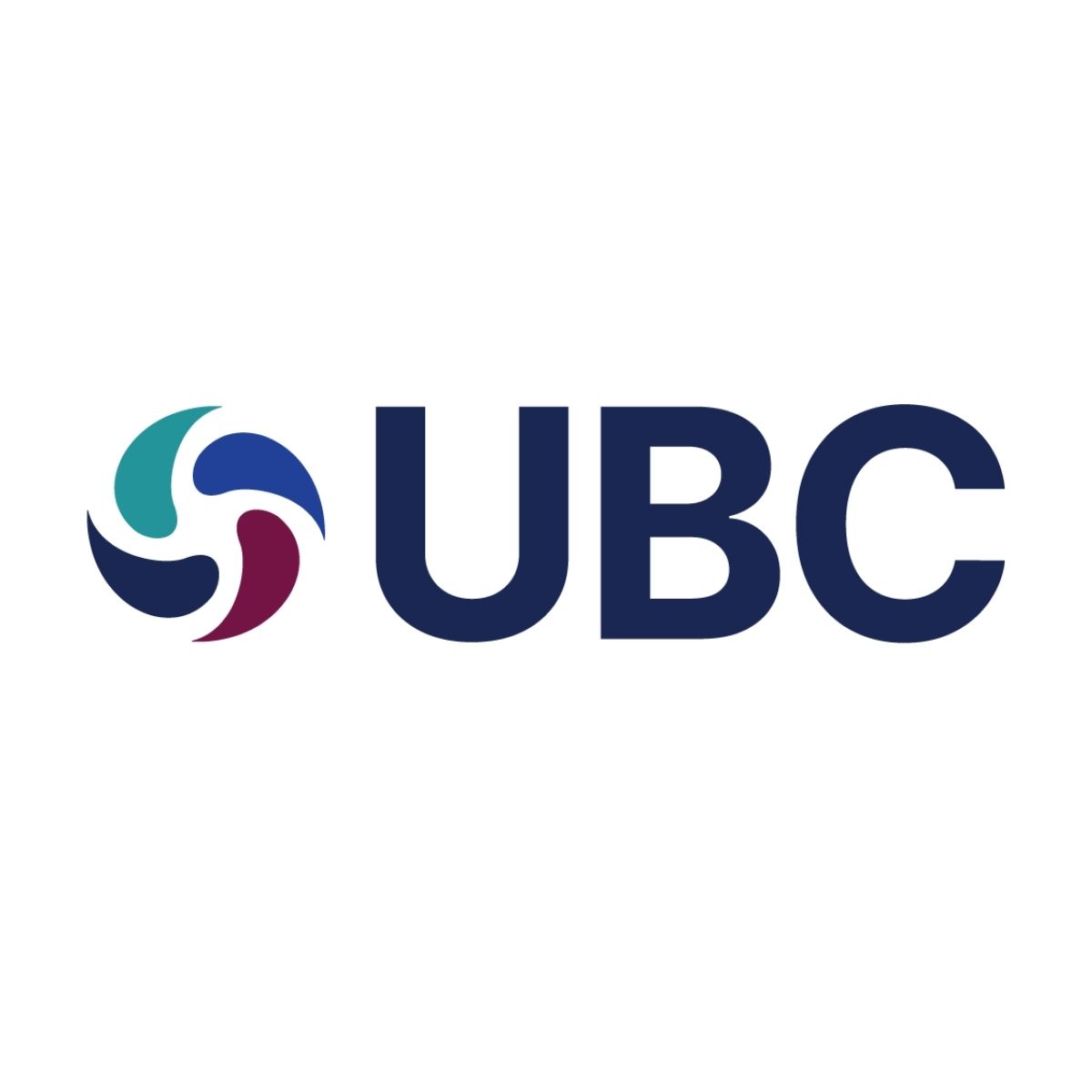Pharmaceutical and biotech company’s patient service programs (PSPs) provide a wide range of services to support patient access to therapy. This includes:
- Access and reimbursement services to help patients navigate insurance coverage
- Affordability and free goods programs to help patients afford or obtain product
- Adherence and educational support to help patients start and stay on therapy as appropriate
Pharmaceutical and biotech companies continue to devote time, resources, and effort toward their PSPs; however, lack of awareness from both patients and providers continues to be a barrier. Industry estimates are that pharmaceutical and biotech companies invest up to $5 billion each year into PSPs while only 41% of patients are familiar with the service offerings and only 8% have used a PSP1. There is an opportunity to explore stakeholder collaboration between pharmaceutical and biotech manufacturers, healthcare providers, patients, and caregivers to move the needle on PSP awareness and help ensure access to these valuable services for patients.
Pharmaceutical and biotech manufacturers are in the driver’s seat when it comes to raising awareness for their PSPs; and, typically, they raise awareness through a mix of marketing strategies that include face-to-face engagement, educational events, marketing campaigns, digital channels, content creation, and testimonials. Regardless of delivery tactics, awareness campaigns should be clear, customer friendly, and designed to encourage action and ensure that patients receive the appropriate services to support them along their treatment journey.
Patients and caregivers often look to their healthcare providers for initial information about their disease state and treatment options and these conversations could be enhanced by including education on PSP availability. Based on another industry report, only 17% of healthcare providers were aware of PSPs offered by manufacturers; however, 96% indicated that increased communication about patient support programs is important2. This finding highlights a need in the industry for PSP education to healthcare providers as they are key stakeholders that will either consume PSP services or influence patient and caregiver uptake.
To that point, manufacturer’s field teams are well positioned to educate healthcare providers on PSPs and collaboration between field team members and healthcare providers is essential to drive PSP awareness. Field teams should be prepared to educate on program service offerings and clearly explain enrollment processes. They should also have educational tools and/or resources to supplement those conversations and leave behind for HCPs, patients, and caregivers. Specifically, online resources are a valuable tool to enable healthcare providers, patients, and caregivers, to self-serve education about PSP offerings or to initiate services or enrollment online. Recent studies identified that 80% of patients prefer digital channels for communication3 which highlights the need for online resources and omnichannel communication in PSPs.
Ultimately, having a well-designed PSP that aligns the complexities of the treatment journey with the support services in the program journey enables raising awareness to appropriate levels that drives uptake. Based on UBC’s experience, it is important to design programs to service patients when they are first diagnosed or just starting therapy, as this is when they most actively seek support. The breadth of services for the PSP should align with access and affordability barriers to starting therapy and support adherence as appropriate.
It is also important to keep the nuances of each patient population in mind for both program design and awareness campaign execution – including social determinants of health – to meet patients where they are in their individual journey. We are seeing more manufacturers focused on incorporating specific solutions to help address social determinants of health challenges, advance health equity, and achieve better health outcomes for patients – including empathetic call scripts, multi-language communication pathways, new engagement strategies, and ongoing product and disease state education. Awareness campaigns, websites, program materials (i.e., brochures, correspondence), and call scripts should be informative, consultative in tone, and proactively offer education and assistance. These tools are essential to effectively bridge the gaps in patient education and build trust in the services.
Even with well-designed PSP awareness campaigns there will still be certain stakeholders that are skeptical about the services or continue to not be aware of the breadth of services available. Continued focus on driving awareness, persistence in message delivery, and omnichannel communication are essential to help connect patients to PSP services. Healthcare continues to lag behind financial services and retailers in omnichannel experiences, but we are seeing a wide array of tactics including QR-codes in leave behinds at healthcare provider offices, brochures, TV commercials, magazine ads, internet banners, and new collaborations between patient advocacy groups to drive PSP awareness.
Our collective goal should be to help patients and caregivers understand the value of PSPs and how they are designed to help patients navigate complex healthcare journeys by providing education and support throughout their treatment journey. This will enhance the overall patient experience, foster trust in our industry, and further support communication and collaboration in the healthcare ecosystem.
About UBC
UBC designs purpose-built patient support programs to meet the needs of patients type and indication. By focusing on experienced team members on patients’ needs, we can increase speed to therapy and improve the number of patients that start and stay on therapy.

About the Author
Dana Edwards serves as the Vice President, Patient Access & Strategic Engagement at UBC. She brings more than 20 years of experience in executing patient service and market access strategies to this role. Ms. Edwards is a strategic advisor to pharmaceutical and biotech leaders on the design and implementation of patient service programs that synchronize the right people, services, and technology for their unique patient population and therapy.
References
- Phreesia Life Sciences. Expanding Awareness of Patient Support Programs. Accessed 10/22/2024. https://engage.phreesia.com/rs/867-GML-252/images/Phreesia_Industry_Perspectives_Patient_Support_Programs.pdf.
- VMS BioMarketing. Knowledge Gaps and Opportunities to Improve Care. Accessed 10/22/2024. https://vmsbiomarketing.com/blog/patient-support-programs-improving-care.
- Redpoint Global Inc. Healthcare Consumers Weigh In: Personalized Experiences are a Must. Accessed 10/22/2024. https://www.redpointglobal.com/blog/healthcare-consumers-weigh-in-personalized-experiences-are-a-must/.






